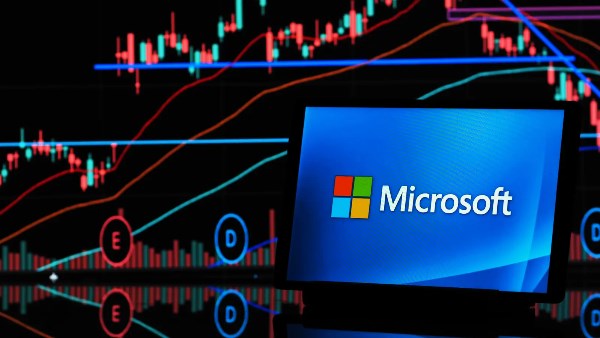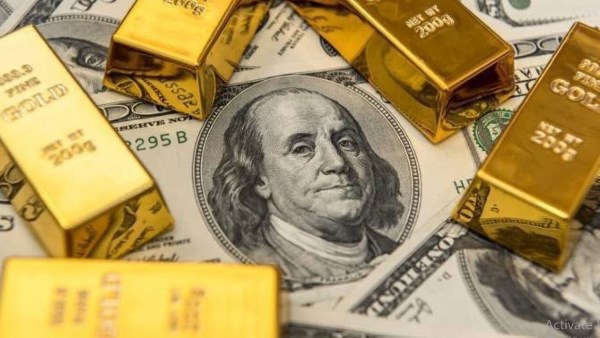
European markets were also subdued, trading broadly flat on Tuesday
Global stock markets are calling Trump’s bluff on tariffs

U.S. President Donald Trump slapped punitive tariff rates on 14 trading partners on Monday — but global markets are so far shrugging off the new policies.
The president announced on Monday that he had sent letters to the leaders of Japan, South Korea, Malaysia, Kazakhstan, South Africa, Laos, Myanmar, Bosnia and Herzegovina, Tunisia, Indonesia, Bangladesh, Serbia, Cambodia and Thailand. Each letter laid out new tariff rates on goods sent from the individual country to the United States.
The new rates, ranging from 25% to 40%, will come into effect on Aug. 1.
Asia-Pacific markets — several of which are set to be directly impacted by the new tariffs — staged a muted response Tuesday. Japan's benchmark Nikkei 225 index ended the day 0.3% higher, while South Korea's Kospi gained 1.8%.
European markets were also subdued, trading broadly flat on Tuesday in the first trading session since Trump made his announcements late Monday. The pan-European Stoxx 600 index was 0.09% lower shortly after midday in London, after moving between slight losses and gains through the morning.
On Wall Street, stock futures were broadly higher ahead of Tuesday's trading session, coming off of a losing session on Monday.
It's a drastically different reaction to the wild swings seen in April, when Trump's initial "reciprocal tariffs" announcement sparked a global selloff.
Return of the 'TACO' trade
One reason is likely to be because of Trump's seemingly more flexible approach to the new policies. Speaking to reporters on Monday, he labeled the Aug. 1 deadline "firm, but not 100% firm."
"If [the affected countries] call up and they say we'd like to do something a different way, we're going to be open to that," the president said.
According to AJ Bell Investment Analyst Dan Coatsworth, markets are counting on Trump to back down on his tariffs regime.
"The 'TACO' (Trump Always Chickens Out) trade is back on the table as the Trump administration's latest announcements on tariffs offered some relief to financial markets," he said in a Tuesday morning note, adding that the latest developments removed the "immediate cliff edge" of a July 9 tariff deadline.
However, the update also increases the period of uncertainty that governments, corporations and consumers are contending with.
The fact that some key U.S. trading partners — including the European Union, India and Taiwan — did not receive letters on Monday could either mean they are close to sealing preliminary deals — or will get letters shortly, Paul Ashworth, chief North America economist at Capital Economics, said in a Monday note.
Without deals, the effective tariff rate on U.S. imports will rise from 15.5% to 17.3%, he said. At the end 2024, it was at 2.5%.
"Given the very muted impact of tariffs on U.S. consumer prices up to now and that the tariff revenues are now being recycled thanks to the Republican Megabill that Congress just passed, the fallout should be manageable," he said.





-1120252475029447.jpg)















